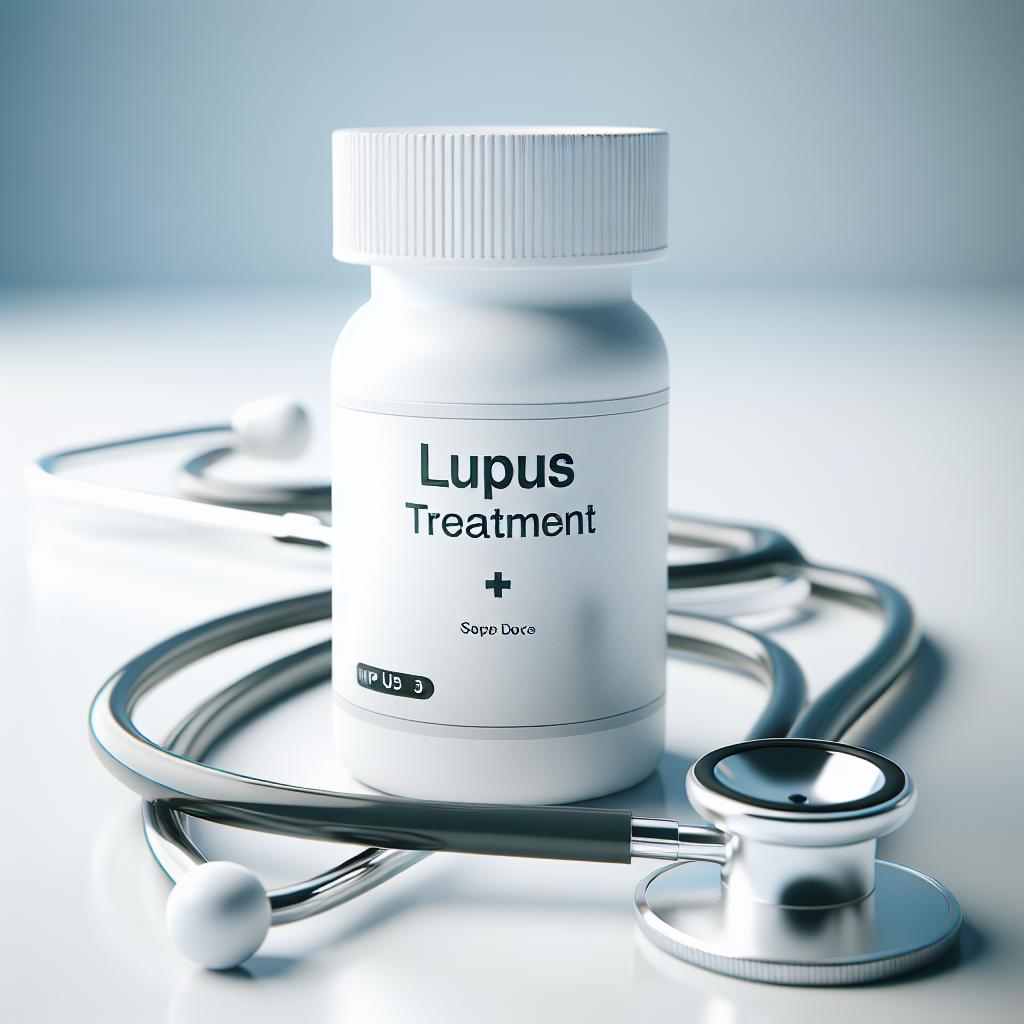Researchers at Northwestern Medicine, in collaboration with Brigham and Women’s Hospital, have discovered that changes in various blood molecules promote the pathological immune response in the autoimmune disease systemic lupus erythematosus (SLE). This breakthrough offers a target for the development of new therapies.
According to the Lupus Foundation of America, approximately 1.5 million people in the U.S. are affected by lupus. This disease can be life-threatening because it often damages multiple vital organs, including the kidney, brain, and heart. Current treatments for this autoimmune disease frequently fail to effectively manage the condition and can also compromise the body’s ability to fight off infections.
“Until now, all therapies for lupus have been blunt instruments, broadly suppressing the immune system,” said co-author Jaehyuk Choi, MD, PhD, an associate professor of dermatology at Northwestern University Feinberg School of Medicine and a Northwestern Medicine dermatologist. “By identifying a cause for this disease, we have found a potential cure that lacks the side effects of current therapies.”
In a study published this week in Nature, the research team identified a new pathway driving lupus. They found that disease-associated changes in multiple blood molecules lead to the insufficient activation of a pathway controlled by the aryl hydrocarbon receptor (AHR). This receptor manages the response of cells to environmental influences such as pollution, bacteria, or metabolites. Insufficient activation of AHR results in an overabundance of disease-producing immune cells called T peripheral helpers, which spur the development of autoantibodies.
“We have identified a fundamental imbalance in the immune responses of lupus patients and pinpointed specific mediators that can correct this imbalance to reduce the pathological autoimmune response,” said co-author Deepak Rao, MD, assistant professor of medicine at Harvard Medical School and a rheumatologist at Brigham and Women’s Hospital.
The scientists also explored whether their findings could aid the development of new treatments for lupus. They discovered that reintroducing the molecules that activate AHR into the blood reprogrammed the cells that cause lupus into a type called Th22. These cells may facilitate healing from autoimmunity-induced damage.
“We found that activating the AHR pathway with small molecule activators or limiting the excessively high interferon levels in the blood can reduce the number of disease-causing cells,” stated Choi. “If these effects are long-lasting, this could represent a potential cure.”
Choi, Rao, and their colleagues are currently working to develop novel treatments for lupus based on these findings, aiming to establish safe methods for delivering these therapeutic molecules to people.
